Latest Blog Articles

Spacecraft On-Board Computing Using Rad-Hard ARM MCUs
Over 200 billion ARM cores have been shipped many of which are being used in safety-critical applications such as the braking systems of a car, automobile power steering, self-driving vehicles, aircraft, medical, railway and industrial control sub-systems etc... The space industry has been flying ARM cores for almost a decade, either as IP within an FPGA or ASIC, or as small, low-power, discrete, radiation-hardened MCUs.

Powering-On Your Space Electronics for the First Time
Powering-on your Space Electronics for the first time is always daunting, but very exciting! For initial board ‘bring-up’, there are always so many questions: is your design functional? Has the PCB been fabricated reliably? Has the hardware been assembled correctly, e.g. have parts been placed in the correct orientation and/or have BGAs/CGAs been checked to ensure there are no solder bridges? Once in orbit, the obvious concern is whether your avionics survived the shock and vibration of launch? Before powering-on your Space Electronics for the first time, there is a choregraphed sequence of checks you need to carry-out before supplying a voltage. What happens if there is a short-circuit after applying power?

A Comparison of Space-Grade Memory Technologies
Satellite and spacecraft sub-systems are increasingly using more and more on-board storage, and the choice of memory has a major impact on overall capacity, physical size, power-consumption, speed, reliability and mission lifetime. One technology is fabricated with known erroneous bits, with limits on the total number of permitted write operations, which could constrain or jeopardise your mission’s on-board storage needs! SDRAM, MRAM, NAND flash, NOR Flash, SONOS, SRAM, PROM, DRAM, EEPROM, volatile, non-volatile and SPI memory, which one is right for you?
Older Select Blog Posts
Rajan’s award-winning blog on Space Electronics, Out-of-this-World Design, is being read by 19,000 people every month and has been viewed almost eight million times. Articles have been hosted by EDN since 2013 and selected posts can be viewed by hovering and clicking the images below:

New Company of 2017 and High-Reliability Product of 2017

High-Reliability Product of 2016

International Company of 2018

Top 100 StartUp










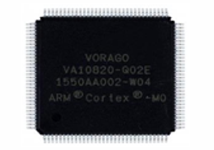
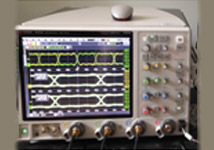
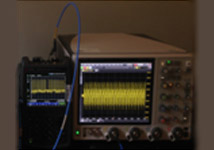
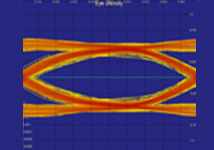
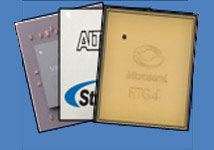
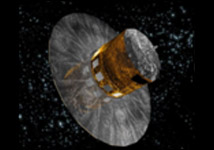
Kenneth Wilson
Jul 14, 2022 03:58:06